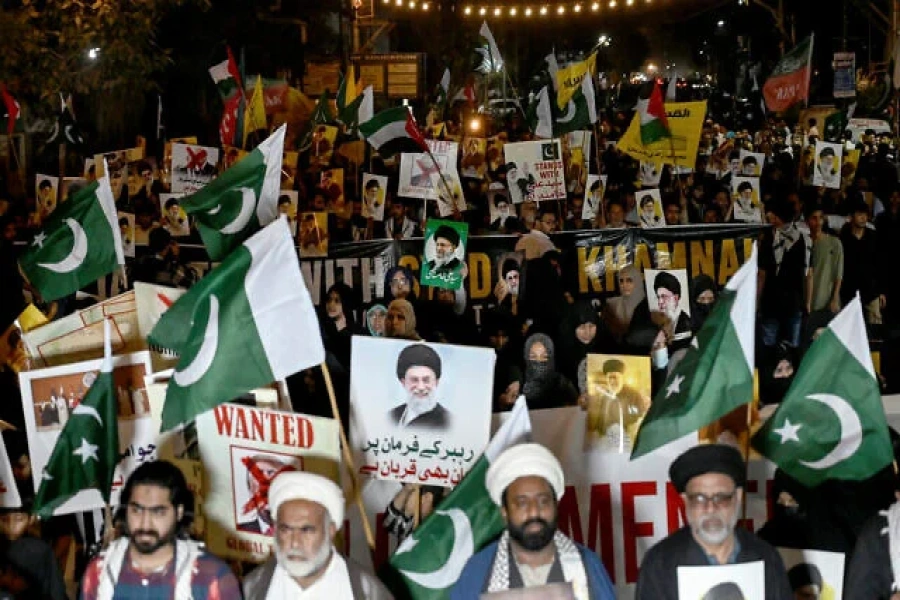With the support of the Nepali Congress (NC), the largest party in the House of Representatives, K.P. Sharma Oli, the chairman of the second-largest party, the CPN-UML, has become the Prime Minister for the fourth time, as per Article 76 (2) of the Constitution of Nepal. His appointment follows the failure of his predecessor, Pushpa Kamal Dahal, to secure a vote of confidence in the parliament on Friday. Prime Minister Oli is not a new face in the Nepali politics. A seasoned figure in Nepali politics, the public is well acquainted with Oli’s character and working style. However, this familiarity brings with it a tempered sense of expectation. Historically, changes in the Prime Minister in Nepal have not significantly altered the government's approach to addressing issues of public concerns. This time, though, the stakes are higher and the expectations more defined.
Great Leadership: A Road Less Traveled

Prime Minister Oli’s previous administration saw significant state resources squandered on ambitious projects that did little to improve the lives of ordinary citizens. This trend of misallocation of resources must end. The new administration must focus on responsible governance, ensuring that resources are used efficiently and equitably. Most parts of the country are now affected by the floods, landslides and inundation. The response to these disasters will be a crucial measure of the government's effectiveness. Oli's commendable stand against the Indian blockade and his resolute stand to claim Nepali territory including Kalapani, Lipulekh and Limpiyadhura currently occupied by India contrasted sharply with his administration's handling of the COVID-19 pandemic, which was marred by financial mismanagement and scandals. Taking lessons from these shortcomings in his previous stints, Prime Minister Oli must make sure that the public interest is not sidelined to benefit certain individuals and business groups. This tenure should mark a departure from such practices. Additionally, Oli is criticized for placing the party and personal leadership above the constitution. Such unconstitutional actions, driven by a desire to prolong his stay in power and decimate rivals, led to multiple instances of parliamentary disruption. While the courts can eventually rectify such moves, the resulting damage to the country is irreparable. As a newspaper, we call for a more restrained and mature approach from Prime Minister Oli this time.
Oli's new cabinet, comprising 21 ministers from the NC, UML and other fringe parties, already shows signs of controversy. Notably, there is a lack of representation of Dalits and women, with women comprising less than 10% of the cabinet. This violates the 'inclusive principle' mentioned in Article 76 (9) of the Constitution. This oversight must be corrected to reflect the diversity and inclusivity Nepal's democracy promises as Prime Minister Oli is yet to induct three new ministers in his cabinet. The coalition between the largest and the second largest party, though unconventional in a parliamentary system, is fragile and requires delicate handling. The fear of autocratic tendencies due to a lack of strong opposition in the parliament is real. The success of Oli's government will largely depend on his ability to maintain a fine balance with coalition partners, especially the NC. Ensuring political stability and enacting necessary constitutional amendments as pledged during the agreement between the two parties can only be achieved through such cooperation. In this fourth term, Prime Minister Oli has a unique opportunity to leave a positive legacy. By addressing pressing national issues with integrity and fostering a cooperative political environment, he can steer Nepal towards a more stable and prosperous future. We wish him good luck in this endeavor.




































